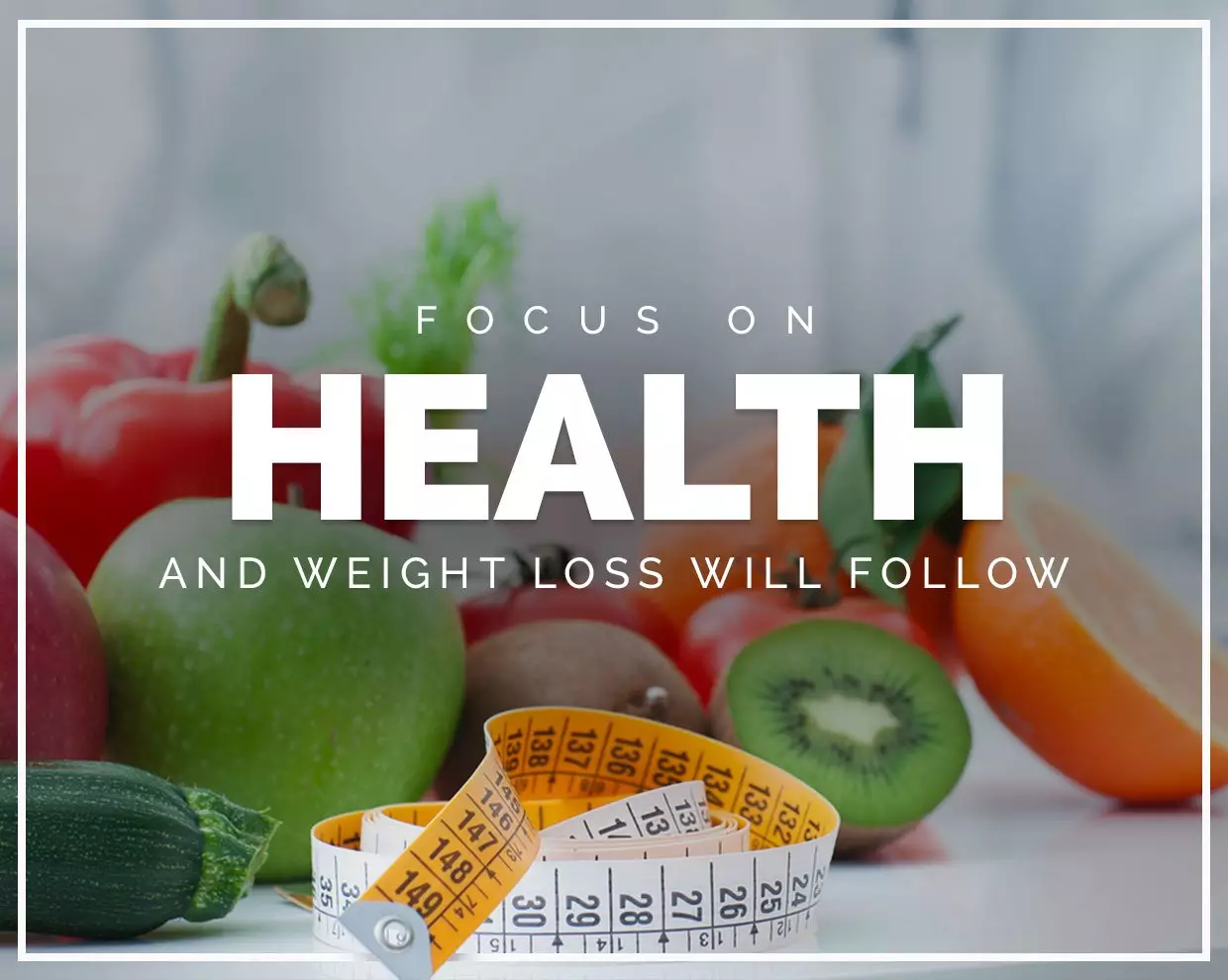Losing weight is an overwhelmingly popular goal for people looking to improve health and wellbeing. Maintaining a healthy weight lowers your risk of serious issues including diabetes, heart disease and a number of cancers. Mainstream advice on how to lose weight has focused on burning more calories than you consume. However the whole calories in v calories out mantra has been called into question by recent research on weight loss.
Researchers at Stanford University have found that advising people to eating healthily is much more beneficial than simply advising them to eating less. The study compared low fat with low carb eating, and was ultimately inconclusive in the search for a one size fits all diet. However there were three key takeaways from this research that do appear to apply to everyone:
- Eat whole foods
- Eat as many vegetables as possible
- Reduce or completely remove sugar, refined grains and processed foods
Interestingly, this study took place over a whole year, and its aim was to help people find a long term solution to weight loss. The researchers encouraged participants to buy high quality food from farmers markets, to avoid going hungry, and to eat mindfully.
Focus on health
Focusing on health means all areas of your well being, including Diet, Rest, Exercise, Stress Reduction and Supplementation, This is known in functional health as the DRESS protocol. Our experience with clients has shown that focusing on these five pillars of health means that the weight loss happens along the way, almost incidentally to the major improvements in your overall wellness.
Where does all the fat go?
When you lose excess weight, your body breaks down fat stores through a series of metabolic pathways. The fat itself is expelled in your breath, sweat, and urine; with the lungs being the primary excretory organ for fat(1).
Support your liver during weight loss
Certain types of harmful chemicals are stored in our fat cells, particularly “Persistent Organic Pollutant” or POPs(2). These are abundant and unavoidable in our modern food supply and environment, and studies have shown that these are released from fat stores into the bloodstream when we are losing weight(3). You may want to look at liver support to help in removing harmful chemicals from the bloodstream during periods of weight loss.
Obstacles to losing weight
One lesser-known cause of weight gain is chemical exposure, including exposure that may have taken place prenatally(4). Chemicals can also disrupt hormone levels and may lead to estrogen dominance in some people, including men and women.
In addition to harmful chemicals in the food supply, chemicals such as parabens, phenoxyethanol, phthalates are commonly found in skin care and household cleaning products can also mimic estrogen in the body. Excess levels of estrogen are a common obstacle to weight loss(5,6), so it is worth switching to natural products wherever possible.
We can run lab testing can help you determine the state of your hormone balance, your chemical burden and liver detoxification function. Specific hormone support and liver support can help correct any imbalances while we work on the underlying cause.
Our health coaching service can help you identify and implement a personalised D.R.E.S.S protocol that is tailored for you. Please get in touch on our contact page for more information.
References
1. When somebody loses weight, where does the fat go?
2. Chlorinated Persistent Organic Pollutants, Obesity, and Type 2 Diabetes
3. Inverse associations between long-term weight change and serum concentrations of persistent organic pollutants.
4. Prenatal concentrations of polychlorinated biphenyls, DDE, and DDT and overweight in children: a prospective birth cohort study.
5. The Role of Estrogens in Control of Energy Balance and Glucose Homeostasis
6. Increased estrogen production in obese men

 AU Store
AU Store  UK Store
UK Store NZ Store
NZ Store EU Store
EU Store









